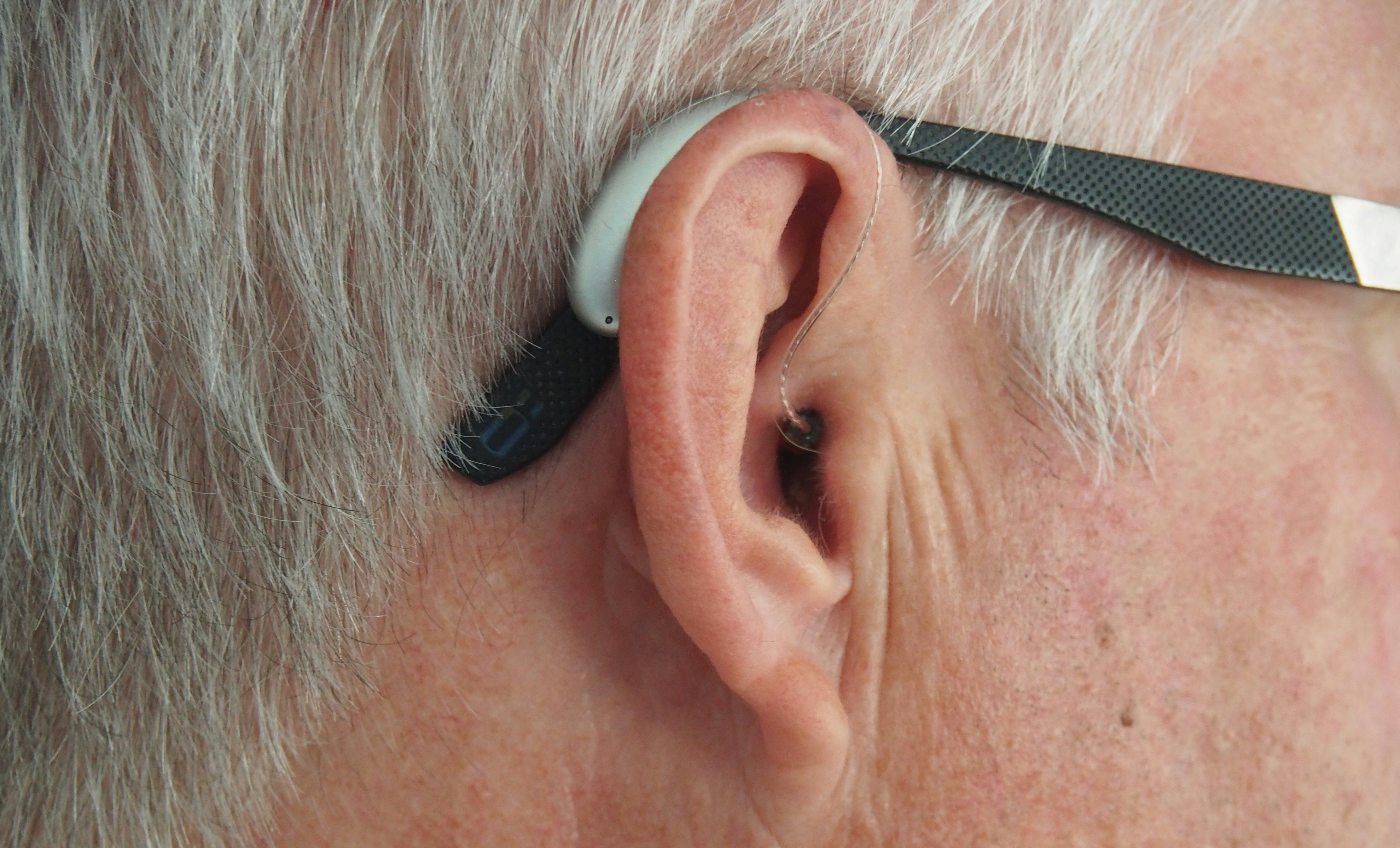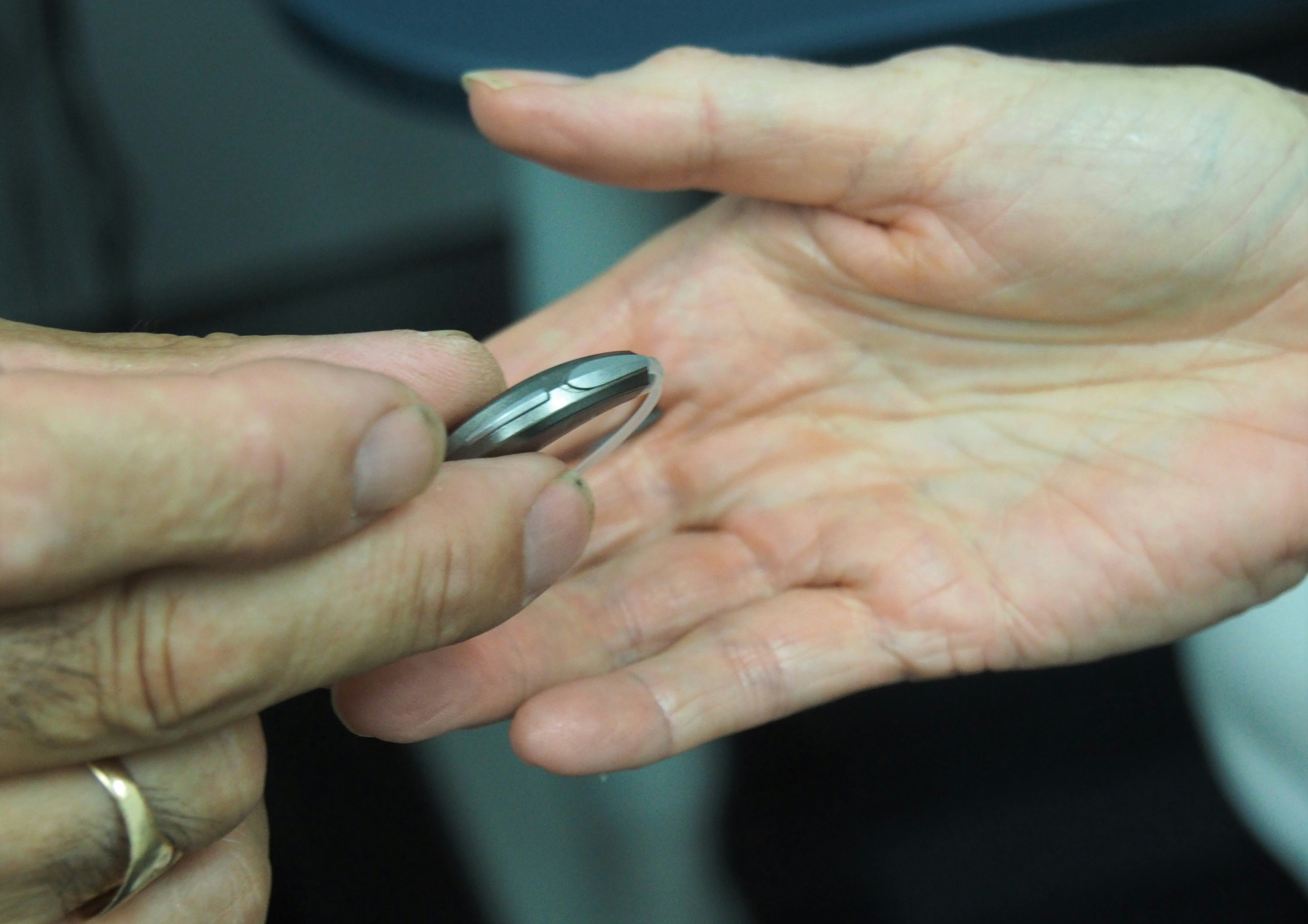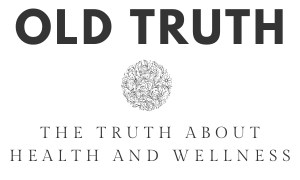Your ears and hearing profile is just as unique as your fingerprints. Your hearing situation includes the topography of your ears, the degree of your hearing loss, the parts of your ear affected, and the hearing ability of each ear. All of these factors are considered by an audiologist to find the right hearing solution for you. There are many hearing aids available in a range of shapes and sizes that suit all budgets and lifestyles. Keep reading to learn how to choose the right hearing aid just for you.
Before You Buy
The right hearing aid means better hearing which is why it’s important to understand all of your hearing aid options. There are several aspects to consider when deciding which type of hearing aid is right for you:
- Seek an audiologist: an audiologist will assess your hearing and recommend the best hearing aids for your hearing situation.
- Ask about a trial period: it takes time to get used to the fit and function of hearing aids which is why you can usually get a trial period.
- Think about the future: having a hearing aid that’s capable of increased power may be a good option if your hearing loss worsens in the future.
- Check for a warranty: choose a hearing aid that includes warranty coverage for parts and labor.
- Beware of misleading claims: hearing aids can help you achieve better hearing but they cannot restore normal hearing or eliminate all background noise.
- Plan for the expense: hearing aids range in cost, as do the professional fees, remote controls, and hearing aid accessories. Some private insurance policies cover all or part of the cost of hearing aids, so it’s a good idea to check your policy.

Types of Hearing Aids
There are several different types of hearing aids to choose from that vary in price, size, special features, and ear placement. Each type of hearing aid will provide specific functions for your own personal lifestyle.
- Behind-the-Ear (BTE) – Behind-the-Ear (BTE) hearing aids hook around and rest behind the ear. The hearing aid is connected via a tube to a custom earmold that fits in the ear canal. BTEs are suitable for almost all degrees of hearing loss.
- Receiver-In-the-Ear (RITE) – RITE devices feature an electronics case that fits behind the ear like BTE devices and transmits sound electronically to a tiny speaker suspended in the ear canal. They are designed to communicate wirelessly to provide better speech clarity in noisy environments. RITE devices are prescribed for mild to severe hearing loss.
- Invisible-In-the-Canal (IIC) – An IIC hearing aid is the smallest type of hearing instrument that provides the most discretion. It sits deep inside the ear canal while offering the benefits of the external ear’s natural acoustics. IICs are custom made for those with mild to moderately severe hearing loss.
- In-the-Canal (ITC) – The custom-molded In-the-Canal (ITC) hearing aid is less visible in the ear than larger styles and fits partly in the ear canal. ITCs are suited for those with mild to moderate hearing loss.

- Completely-In-the-Canal (CIC) – Completely-In-the-Canal (CIC) hearing aids are slightly larger than CICs but still fit within the ear canal for a discreet fit.
- In-the-Ear (ITE) – In-the-Ear (ITE) hearing aids are larger in size and offer better speech clarity in noisy environments, multiple listening programs, and telecoil features for those with mild to severe hearing loss.
The hearing care professionals at Hearing Health USA treat patients with the latest new unique technology and the best hearing solutions for all lifestyles and budgets. They offer a wide variety of styles of hearing aids and accessories from traditional hearing aids to a more discreet hearing aid with superior sound quality and functionality.
The audiologist company carries several hearing aid models from top hearing aid manufacturer Oticon. Oticon hearing aids feature BrainHearing technology, superb sound quality, easy wireless connectivity, iPhone and mobile phone compatibility, and a rechargeable lithium-ion battery option.
The Oticon Opn miniRITE and Opn S miniRITE-R are designed for those with mild to severe hearing loss while the Oticon Power hearing aid and Oticon Dynamo are designed for those with severe to profound hearing loss. Oticon hearing aids provide wearers outstanding connectivity in difficult listening environments and tinnitus relief with tinnitus sound support.
Finding the right ear hearing aid for your needs starts with a consultation with an audiologist to assess your unique hearing situation and help you find the best hearing solution for your specific needs.


